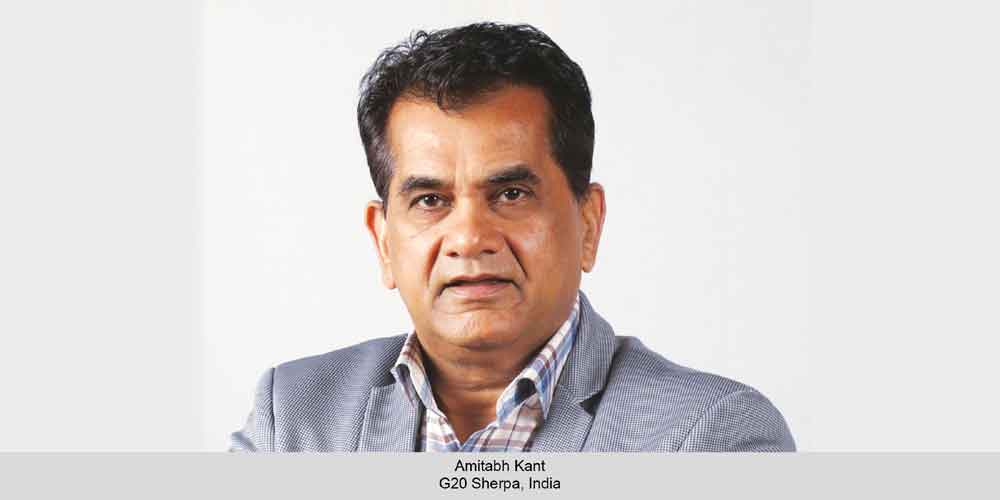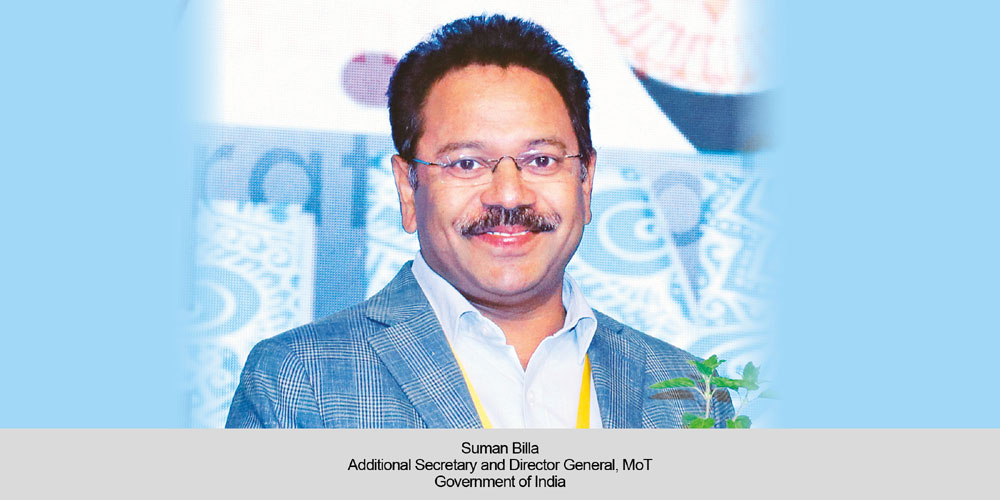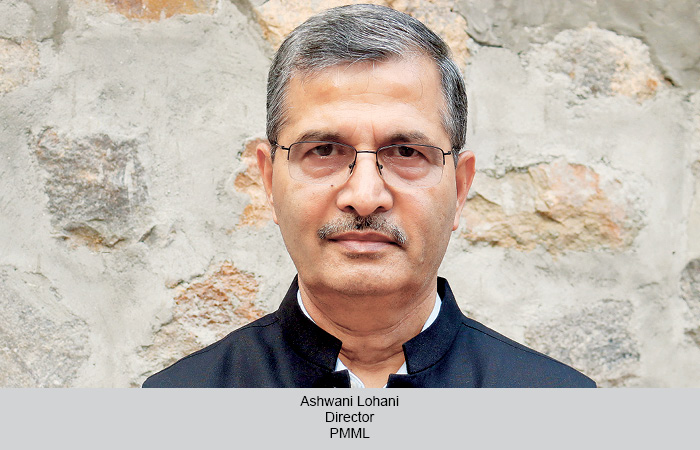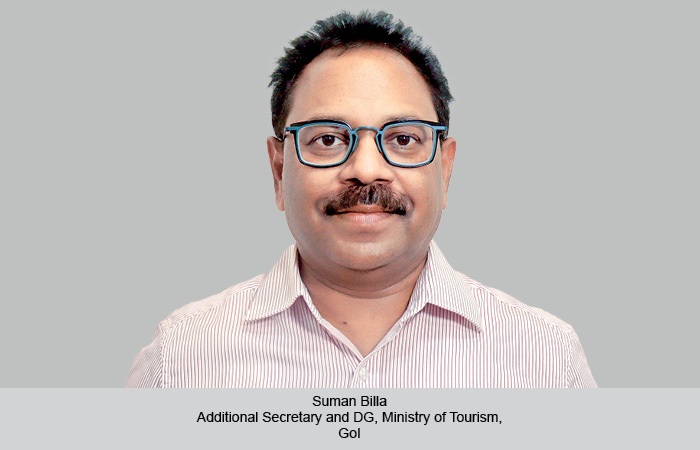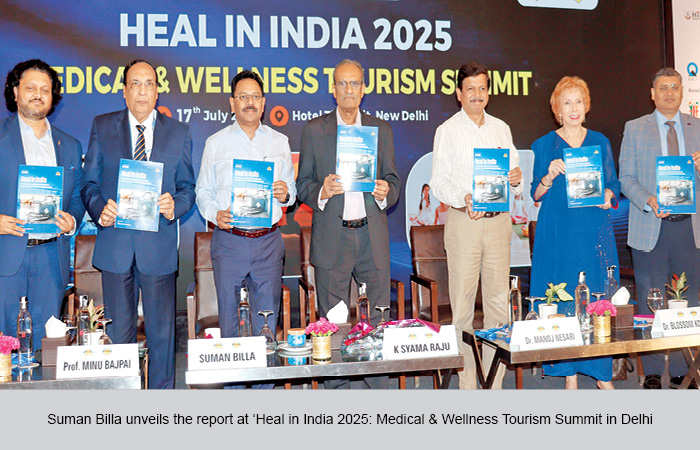Amitabh Kant, G20 Sherpa, India, unveils a vision for India’s economic future at the launch of 7th edition of the WTTCII-Hotelivate State Ranking Survey 2024 in New Delhi recently.
Janice Alyosius
Addressing participants at the awards ceremony of the 7th edition of the WTTCII-Hotelivate State Ranking Survey 2024, Amitabh Kant, G20 Sherpa, India, articulated a vision that could potentially reshape India’s economic landscape, prioritising tourism as the anchor for growth and job creation. Kant underscored a shift in policy focus that can transform the power of tourism beyond its traditional role as a leisure activity. “Tourism will be the most critical driver of growth in India’s future, especially under Prime Minister Modi’s leadership where he will prioritise tourism for both, GDP growth and job creation,” he said.
Kant highlighted tourism’s multifaceted impact on the economy. Tourism emerges not just as a sector but as a potent force for job creation, with the potential to generate 25 million jobs within the next 5 to 6 years, he said. He emphasises on the importance of last-mile connectivity to tourism destinations, recognising it as an anchor for enhancing visitor experiences and driving footfall. “The Government of India has already invested significantly in this area, evident in initiatives such as the construction of 80,000 kilometres of roads, expressways, and highways over the past decade, benefiting every state in India,” he said.
Underscoring the need for concerted efforts to bridge existing infrastructure gaps, he said that states must shoulder the responsibility of ensuring seamless connectivity to key tourist sites. “The primary responsibility of the state should be to ensure last-mile connectivity to tourism destinations. Since there are around 15 tourist destinations in a state, the provision of last-mile connectivity becomes paramount. Many states lack adequate last-mile road connectivity to these heritage sites or destinations, which, in my view, is of utmost importance,” he asserted.
Kant also underlined the role of cleanliness in shaping tourists’ perceptions and experiences. “I believe, there is a need to encourage the states further in terms of cleanliness. The focus should be redirected towards the top 20 sites within each state. The emphasis should be on examining the cleanliness index of these 20-25 specific locations. The focus should be on assessing the cleanliness of key destinations within each state, numbering around 10 to 15. States should be ranked based on the cleanliness of these tourism destinations alone. In my opinion, significant importance should be given to cleanliness, as it is the state’s responsibility and is crucial for tourism. States should be incentivised accordingly,” he said.
Kant also called for treating tourism as an industry. “Currently, only nine states in India recognise tourism as an industry. This means charging electricity rates at industrial rates rather than commercial rates. Therefore, states that treat tourism as an industry, offering benefits such as electricity at lower rates and land allocation at industrial rates, should be rated higher. However, despite the designation, only four or five states have begun providing these benefits. It’s important to note that many states have yet to implement such measures. Hence, states that provide these benefits should be rewarded, while those lagging in recognising tourism as an industry should face penalties. By incentivising states to support tourism as an industry, we can promote its real benefits effectively”, he emphasised.
Additionally, Kant also highlighted the untapped potential of the M!CE industry in the country, advocating for strategic investments in convention infrastructure to capitalise on the segment.
 TravTalk India Online Magazine
TravTalk India Online Magazine

